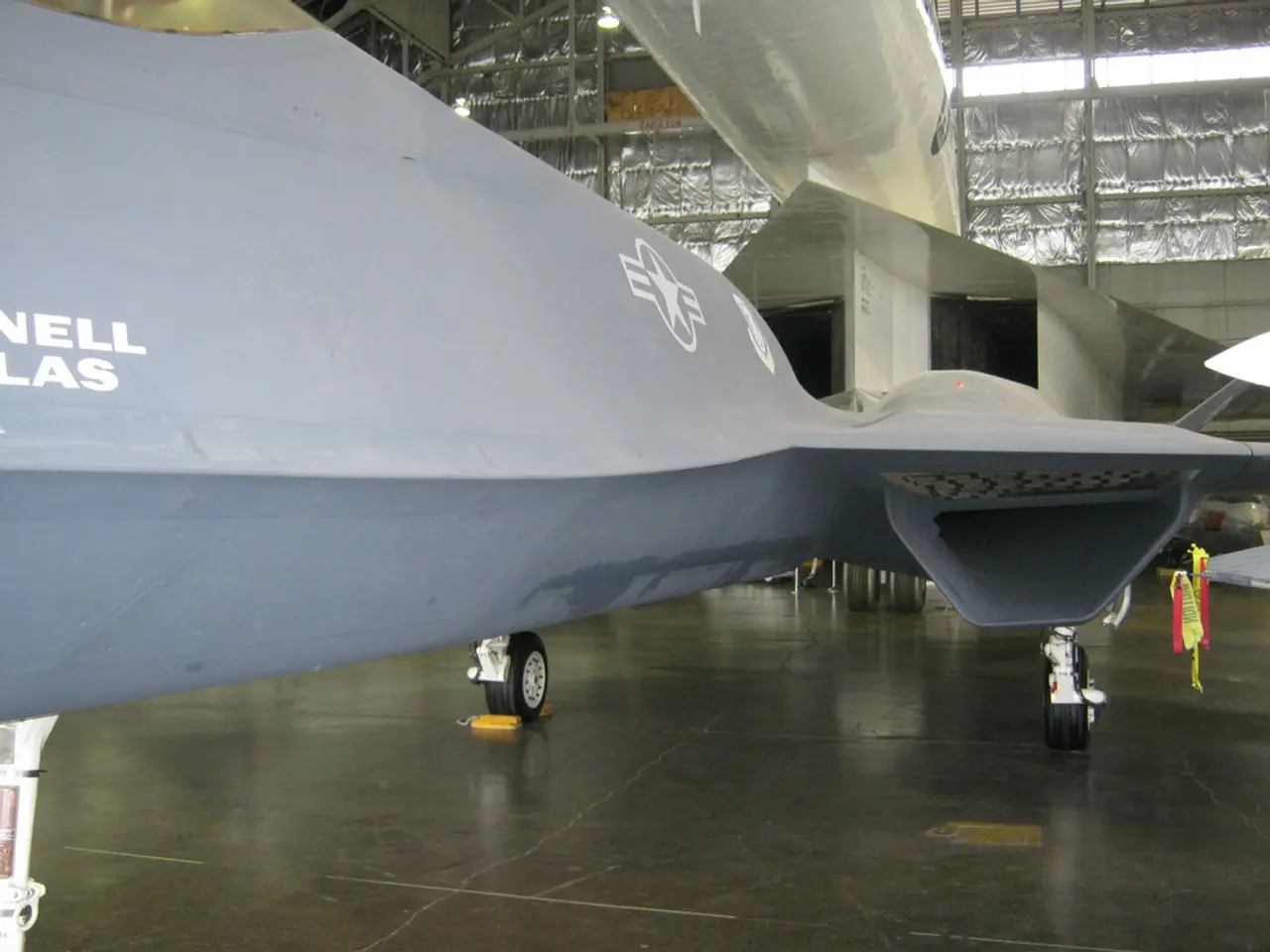Soothe flight anxiety with these effective strategies for calm travel experiences
For many travelers, the thought of boarding a plane can trigger feelings of anxiety and fear. Known as aviophobia, this common phobia affects millions, including frequent fliers. Here's a comprehensive guide to understanding the reasons behind flight anxiety and effective ways to manage it during a flight.
## Reasons for Flight Anxiety
The inability to control or escape during flight, fear of enclosed spaces, sensationalized media coverage, past uncomfortable experiences, and turbulence anxiety are some of the factors contributing to flight anxiety. Understanding these reasons can help travelers prepare and manage their fears effectively.
## Effective Ways to Manage Flight Anxiety
### Pre-Flight Preparation
Educating oneself about how airplanes operate and the safety measures in place can help alleviate fears. Practicing relaxation techniques such as breathing exercises, meditation, or yoga can also reduce stress levels.
### In-Flight Strategies
Staying occupied by reading, watching movies, or listening to music can help keep the mind engaged. Using comfort items like a stress ball, a familiar object, or an eye mask can help relax. Staying hydrated and wearing comfortable clothing can also reduce discomfort.
For severe anxiety, cognitive behavioral therapy (CBT) may be beneficial. This therapy can help reframe negative thoughts and provide coping strategies.
### Additional Tips
Seeking professional help from a therapist or counselor specializing in aviophobia can be beneficial for those experiencing overwhelming anxiety. Connecting with others who share similar fears through support groups can also provide emotional support and practical strategies for managing anxiety.
Short flights can help build confidence for those unsure about flying. The app associated with a popular flight anxiety website provides real-time reassurance and help during flight delays, available 24/7.
## Coping with Common Fears
Reframing common flying fears can help ease nerves. For instance, "This is a normal part of flying. The crew isn't worried, so I don't need to be either." The 4-7-8 breathing method, which activates the body's relaxation response, can also be helpful.
Turbulence does not mean danger; it can be thought of as bumps in the road that planes are designed to handle. Weird sounds during a flight are normal and are usually just part of the process. The 5-4-3-2-1 trick can distract the brain from spiraling during flight anxiety.
It's important to remember that planes go through constant safety checks and commercial aviation is one of the most heavily regulated and safest industries in the world. Recognizing the root of one's anxiety is the first step in feeling better about flying. A therapist who specializes in flying fears can offer tailored support. A quick stretch or a stroll to the back of the plane can release tension and reset the body. Booking non-stop flights can reduce stress by eliminating multiple takeoffs and landings. Flight attendants are a good resource for addressing any concerns or uneasiness during a flight. Packing comfort items such as noise-cancelling headphones, a cozy neck pillow, and a favorite playlist or movie can make the seat a sanctuary. Sitting near the front of the plane is usually quieter and smoother. Having a calm-down toolkit, such as deep breathing exercises, listening to calming music, or using distraction techniques, can help manage flight anxiety. Practicing flying more often can lead to familiarity and comfort.
- For those who worry about the mental health aspects of travel, understanding that aviophobia is a common phobia can provide comfort. Recognizing its causes such as fear of enclosed spaces or past uncomfortable experiences, can help in planning strategies to manage it.
- To cope with travel-related health and wellness concerns, travelers might consider incorporating lifestyle changes before flights, such as learning about how airplanes operate and practicing relaxation techniques.
- Additionally, for a more comprehensive approach to managing overall mental health during travel, cognitive behavioral therapy can be beneficial, helping to reframe negative thoughts and provide effective coping strategies.
- Adopting healthy routines like staying hydrated, wearing comfortable clothing, and using comfort items during travel can contribute to overall well-being and reduce anxiety, making the journey a smoother experience.




